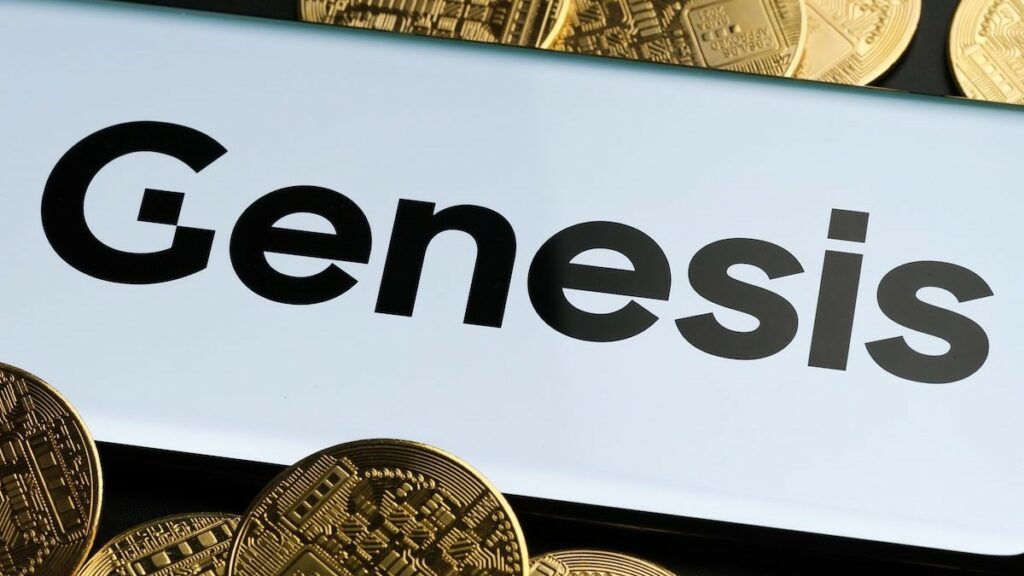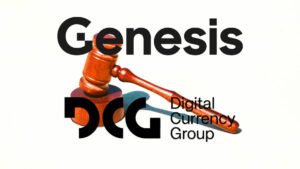Digital Currency Group (DCG), the parent company of crypto lending platform Genesis Global, has given creditors of the bankrupt firm some glimmer of hope as it agrees in principle to settle creditors’ claims up to 90%.
According to a published court filing with the U.S. bankruptcy court in the Southern District Of New York, recoveries could amount to 70%-90% in U.S. Dollars equivalent for unsecured creditors. Also on an in-kind basis, creditors could recover between 65%-90% depending on the composition of the digital asset thereby bringing stability to the cryptocurrency space that has been hitherto filled with uncertainties.
Notably, all of these projections are dependent on market realities and the final terms of the agreement should the plan be approved.
Details of the Proposed Plan
Interestingly, DCG’s plan is hinged on the settlement of existing liabilities of about $630 million in unsecured loans which is due in May 2023, and another $1.1 billion under an unsecured promissory note due in 2032.

As per the agreement, DCG intends to undertake a new debt facility along with a repayment schedule. This repayment is expected to be completed in two installments with an initial payment of about $328.8 million due in 2 years and another $830 million, with a maturity period of seven years.
Additionally, DCG also plans to pay $275 million in four tranches after the partial repayment agreement date in fulfillment of the unsecured loans due in May 2023.
Genesis Is optimistic about resolving creditors’ claims
Despite being bankrupt the lender is optimistic about its ability to resolve creditors claims. After its bankruptcy filing, Genesis proposed a recovery plan that included its parent company and other key creditors. At the time, it anticipated that DCG would refinance its existing loans dated 2023 which will be divided into two installments and made payable to its creditors.
Ultimately, Genesis filed for bankruptcy protection in January after a series of negative events sparked off by the collapse of Sam Bankman-Fried’s FTX resulted in a liquidity crisis for the lender.
The firm which owed over $3.5 billion to its top 50 creditors including the likes of Gemini, MoonAlpha Finance, and VanEck’s New Finance Income Fund which had initially halted withdrawals on its platform in November 2022.









